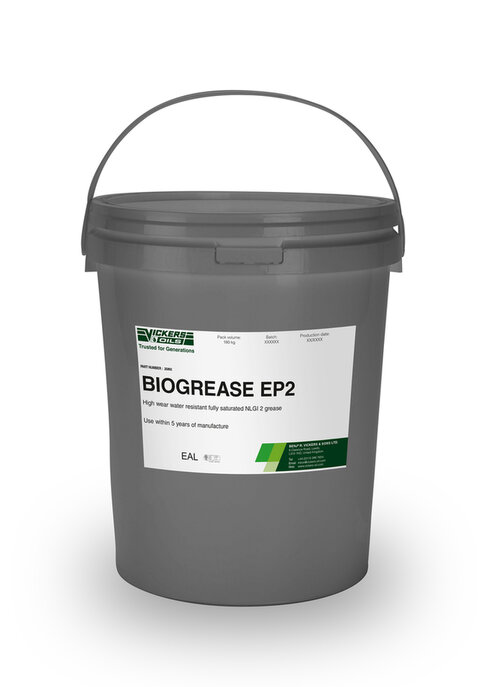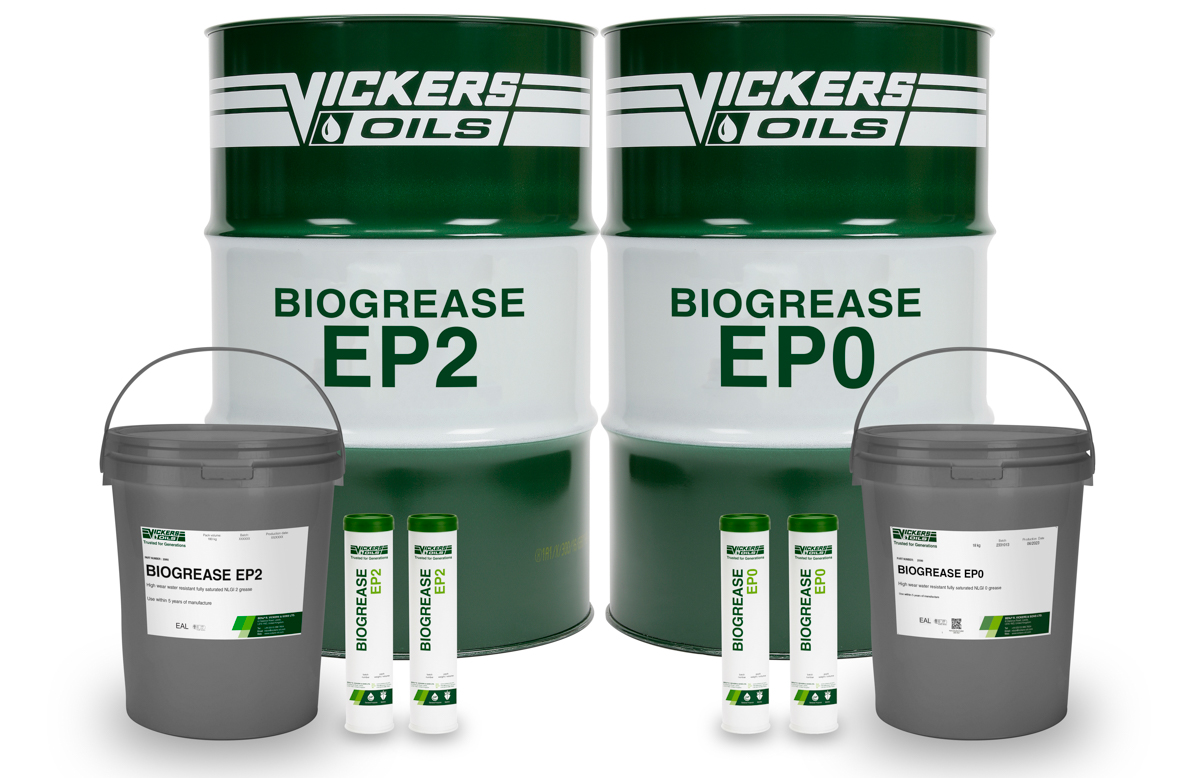
Post Consumer Recycled (PCR) material, an eco-friendly packaging alternative derived from waste products, is one promising solution. PCR material is made by shredding recycled waste into small pellets. These pellets are then melted down to create new packaging, thereby reducing plastic waste.
In April 2023, we transitioned to using grey plastic pails made from 75% PCR for our BIOGREASE EP range. This not only reduced our carbon footprint but also fulfilled the requirements of the EU Ecolabel and helped us obtain the EU Ecolabel certification for our BIOGREASE EP range.
The EU Ecolabel is the label of environmental excellence that is awarded to products and services meeting high environmental standards throughout their life cycle.[1] To learn more about the EU Ecolabel, click here.
Furthermore, in May 2024, we switched to using IBCs made from 30% PCR material. The inner layer of these IBCs is made from PCR, while the outer layers are composed of virgin materials to maintain product quality and performance.
Beyond PCR, we have also transitioned some of our textile range packaging from plastic drums to Vickers Oils green-white-green steel drums. This change reduced the amount of plastic waste while providing packaging that can be reused and repurposed by the end user.
These initiatives are part of our broader commitment to reducing the overall carbon footprint thereby helping us align with our sustainability goals.
For more information on our sustainability goals, please refer to our 2023 sustainability report.
[1] https://environment.ec.europa.eu/topics/circular-economy/eu-ecolabel_en
Implementing sustainable packaging
As global attention increasingly shifts toward sustainability, a significant concern within the manufacturing industry is finding sustainable packaging solutions that do not compromise product quality and functionality.
